Recently, many homeowners have considered implementing sustainable building practices when designing their homes. Sustainable building, also known as green building, includes construction and design methods related to eco-friendly structures and applications. Sustainable homes maintain or improve the ecosystem they’re built in, conserve energy and other natural resources, and reduce harmful emissions.
While we understand that these practices aren’t for everyone, they do turn out to be very rewarding for some. If you’re exploring ways to build a sustainable home, we can provide someo recommendations to get you started. Here are a few tips to aid you in your first steps toward a sustainable lifestyle.
Choose Sustainable Building Materials
The right materials are paramount to any successful green building project. Luckily, with the rising demand for sustainable materials, there are now plenty of options to choose from, no matter what you’re looking for. Below are a few types of materials to consider for your sustainable home:
Sustainable Roofing Materials
The most important feature of sustainable roofing materials is durability. The longer your roof lasts, the fewer resources you’ll need to repair or replace it. Some of the most durable roofing materials include rubber shingles, slate or clay tiles and metal. The roof you will find on our Lot 1 home is a contemporary metal material that is both Class A fire-resistant and able to be repurposed or recycled whenever you choose to replace.
Interested in using a contemporary metal roof for your home at the Vineyards at Stage Pass? Check them out at Fontana Roofing — they’re local!
Sustainable Flooring Materials
From the natural grains of hardwood floors to the texture of soft carpet between your toes, there is a wide selection of sustainable flooring materials. Some of our favorites include sustainably harvested hardwood, bamboo, cork, and Marmoleum.
If you’re looking for a quality sustainable flooring material, check out the selection at COREtec.
Sustainable Insulation Materials
Choosing quality, sustainable insulation improves your home’s ability to regulate temperature during the cool and hot months, requiring little energy from other appliances within your home. Additionally, using insulation, such as wool, improves your home’s indoor air quality by having the unique ability to absorb and regulate indoor pollutants, while also being a fantastic option for absorbing any sound!
To outfit your Stage Pass home with a sustainable insulation solution, give Havelock Wool’s selection a look.
Sustainable Windows and Doors
A lot of energy is wasted when windows and doors don’t seal properly. Therefore, upgrading to energy-efficient ones can do wonders for maintaining your optimal room temperature without using unnecessary energy. Another option could be windows manufactured with a special glaze to limit heat gain in the summer and heat loss in the winter.
To find some of the best sustainable window and door options on the market, look no further than JELD-WEN. They’re a large company that’s been an ENERGY STAR® partner since 1998 — and they were founded in Klamath Falls, just east of Medford!
Incorporate Green Technology
Once you’ve decided on the basic sustainable building materials for your home, implementing green technologies can help bring your design home, especially if you’re working towards net-zero or passive construction. Here are a few common choices:
Energy-Efficient Appliances
Energy-efficient appliances only use the necessary amount of electricity and water to complete the application. Usually, they have settings or features that allow for optimal power with minimum energy usage. From washing machines to food processors, just about any appliance you can think of now has an energy-efficient option.
From general hardware and appliance stores like Lowe’s, to local, specialty retailers, energy-efficient appliances can be found in a variety of locations.
Energy-Efficient Heating and Cooling
Perhaps the most effective way to heat and cool your home energy-efficiently is geothermal heating and cooling. Geothermal heating and cooling takes advantage of Earth’s natural ability to regulate and maintain temperatures below the ground. In cold seasons, the geothermal well pump will absorb and retain heat, while in warmer seasons, it will cool the pump water and distribute cool air.
For geothermal heating and cooling options for your Stage Pass home, check out the product selection at Advanced Air, a local Medford HVAC supplier.
Energy-Efficient Lighting
Many homeowners have heard of energy-efficient light bulbs, with light-emitting diodes (LEDs) being the most common. However, there’s now a wider selection of products, colors, and brightnesses many are unaware of. Besides LEDs, the best green choices are halogen incandescent and compact fluorescent bulbs.
Energy-efficient lighting solutions are available at most chain and specialty retail stores.
Water-Saving Fixtures
In many homes, water is the most wasted resource. Therefore, implementing water-saving fixtures can help reduce that waste, while also lowering your utility bill. Try implementing a toilet with two flushing options or purchase a water-saving showerhead that increases pressure with aeration instead of using more water.
Want to implement water-saving faucets, toilets, shower heads, in your home at the Vineyards at Stage Pass? Check out the large selection available at Faucets.com, a nationwide retailer of water-saving fixtures.
Talk with One of Our Builders
No matter how much or how little you may know about sustainable building, it’s always a good idea to consult a professional in the field. Our architects, contractors, and designers can help you balance your budget, timeline, and design, all with sustainability in mind. They may even be able to inform you of recent technologies you’ve never heard of, but would be willing to try.
The mountain community at Stage Pass sits in the perfect location to appreciate our beautiful environment. We care about protecting it, too. Give our team a call or contact us online to learn about Stage Pass’s state-of-the-art water system and our principles founded in repurposing for the sake of the planet.


